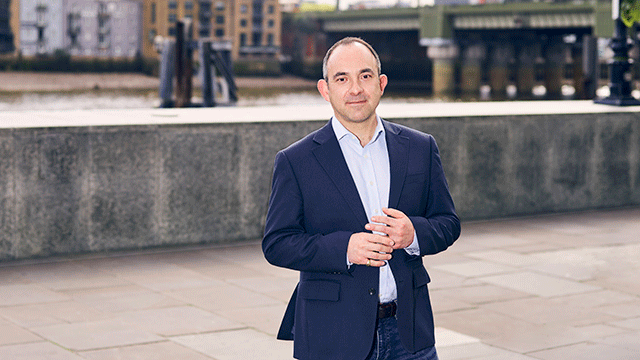Singapore is definitely punching above its weight when it comes to cross-border real estate investment, writes Wei Leng Tang, managing director, Singapore, at Colliers International. The city-state was the fourth-largest capital source globally in 2018, surpassing Germany, China and the UK.
GIC – the sovereign wealth fund responsible for managing Singapore’s foreign reserves – as well as GLP, Frasers Property, CDL, and various REITs have all been active in acquiring overseas properties in recent years. This activity in offshore acquisitions can be put down to the limited size of the local market, higher growth and returns in other markets and the desire for geographic portfolio diversification.
According to Real Capital Analysis (RCA), Singaporean capital acquired $29.88bn of cross-border real estate in 2018, securing that fourth place in the top sources of cross-border capital, after Hong Kong ($78.5bn), the US ($77.8bn) and Canada ($54.4bn).
In 2018, Singapore’s outbound capital favoured office, industrial and development sites, which altogether accounted for about 80% of total outbound investment volume during the year. Office properties in core markets remained highly sought-after in 2018, accounting for more than 40% of total cross-border investments from Singapore.
Data from RCA suggests that Singapore’s investors also favoured niche asset classes, such as senior housing. Within industrial segments, new economy logistics and data centres have been the most popular sub-segments in recent years, as investors have capitalised on global e-commerce and digitalisation growth.
Total outbound real estate investments from Singapore declined marginally (by 1.0% year-on-year) from $30.19bn in 2017 to $29.88bn in 2018. China regained the top investment destination spot, displacing the US.
Compared with 2017, Singaporean capital seems to be unfazed by the trade war between China and the US. Singapore continued to invest in China, with total investment volumes accelerated by 29% year-on-year in 2018, driven by large acquisitions in commercial properties, and residential and mixed-use development sites.
After China, developed markets remained top destinations for Singapore outbound investments as they provide steady risk-adjusted returns with a long and strong track record.
Singapore Inc’s investments into the US declined by 30% year-on-year in 2018 from a high base in 2017, against a backdrop of four increases in US interest rates. However, the US remained in the top two destinations.
Despite Brexit, the UK remained a favourite destination for Singaporean investors, with investments at $3.8bn. Investments into Australia continued to hold up as GIC, Suntec REIT, SPH REIT, Mapletree Logistics and Frasers Property invested in office, retail, logistics and residential developments.
The largest outbound real estate deal from Singapore in 2018 was the purchase of the Shanghai Star Harbour portfolio by CapitaLand and GIC for $1.84bn. GIC also bagged the second-largest outbound deal, the acquisition of Shinjuku Maynds Tower in Tokyo for $1.33bn. Mapletree Investments also acquired a $1.1bn European and US logistics portfolio from Prologis in October 2018.
Looking ahead, apart from developing assets or buying physical properties, Singaporean investors could opt for mergers and acquisitions in their bid to expand and diversify their investment holdings. Simply put, scale matters and outbound property investments from Singaporean players are expected to grow as they seek to upsize – or supersize, in the case of CapitaLand – their portfolios across markets.
CapitaLand’s acquisition of Ascendas-Singbridge, likely to be among the largest in recent years, signals that Singaporean firms’ appetite for growth abroad remains unsatiated. The deal further solidifies Singapore’s standing as one of the top 10 global investors.
Singaporean companies are no strangers to investing overseas. Many of them have significant presence abroad – including Keppel Land, Mapletree, City Developments, and Frasers Property. Those that have ventured abroad have gained invaluable experience investing across cultures, navigating different regulatory environments and processes, understanding new market dynamics and executing on transactions.
The discipline, experience and knowledge that they have garnered will go a long way in positioning Singapore companies to better understand the risk-and-reward ratio for different deals in different markets. This will in turn encourage more Singaporean players to consider casting their nets further afield.











